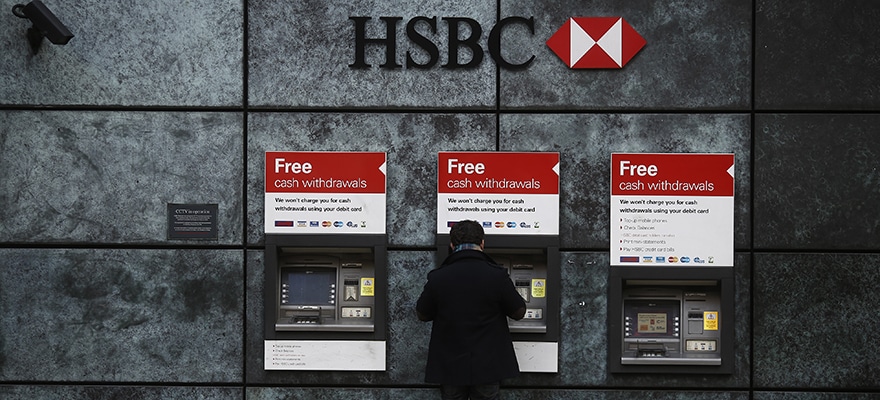Britain’s biggest bank HSBC could be considering to move its headquarters away from London. While speculation has circulated for some time, current chairman of HSBC Holdings, Douglas Flint, mentioned at the bank's annual general meeting that the company has started a strategic review whether it should move its headquarters.
According to HSBC, the review is prompted by changes in the regulatory environment and the uncertain future of the UK as an EU member.
Shares of the company rallied close to 4% after the announcement, hitting a new 2015 high at 635.50 pence per share in London trading.
Mr. Flint added, “It is essential that we position HSBC in the best way to support the markets and customer bases critical to our future success. In this regard, we also have to take fully into account the repositioning of our industry being driven by the regulatory and structural reforms which have been put in place post crisis.”
“As part of the broader strategic review taking place, the board has therefore now asked management to commence work to look at where the best place is for HSBC to be headquartered in this new environment. The question is a complex one and it is too soon to say how long this will take or what the conclusion will be; but the work is underway,” he explained.
The comments come at a critical time for the UK political spectrum, as the Tories led by Prime Minister David Cameron have committed to a referendum about whether the country should remain an EU member.
Mr. Flint has a special message in this regard, “One economic uncertainty stands out, that of continuing UK membership of the EU. In February we published a major research study which concluded that working to complete the Single Market in services and reforming the EU to make it more competitive were far less risky than going it alone, given the importance of EU markets to British trade”.
Currently over 40% of the company's 166,000 employees are located in the United Kingdom. Both political establishments in the UK should be reviewing their policy commitments, as the country barely avoided a triple dip recession in 2013, and the current pick-up may not last.


















